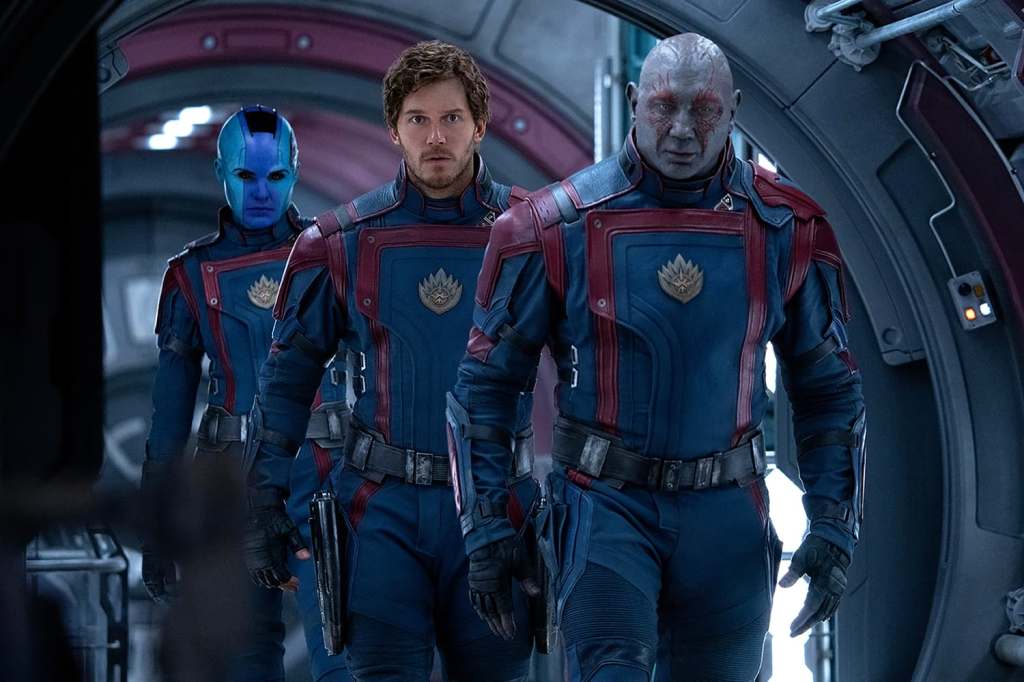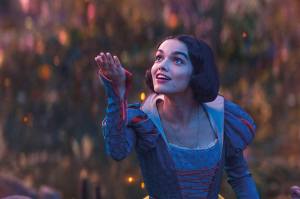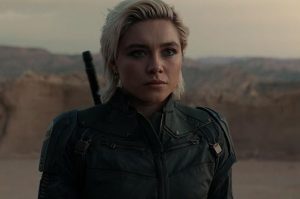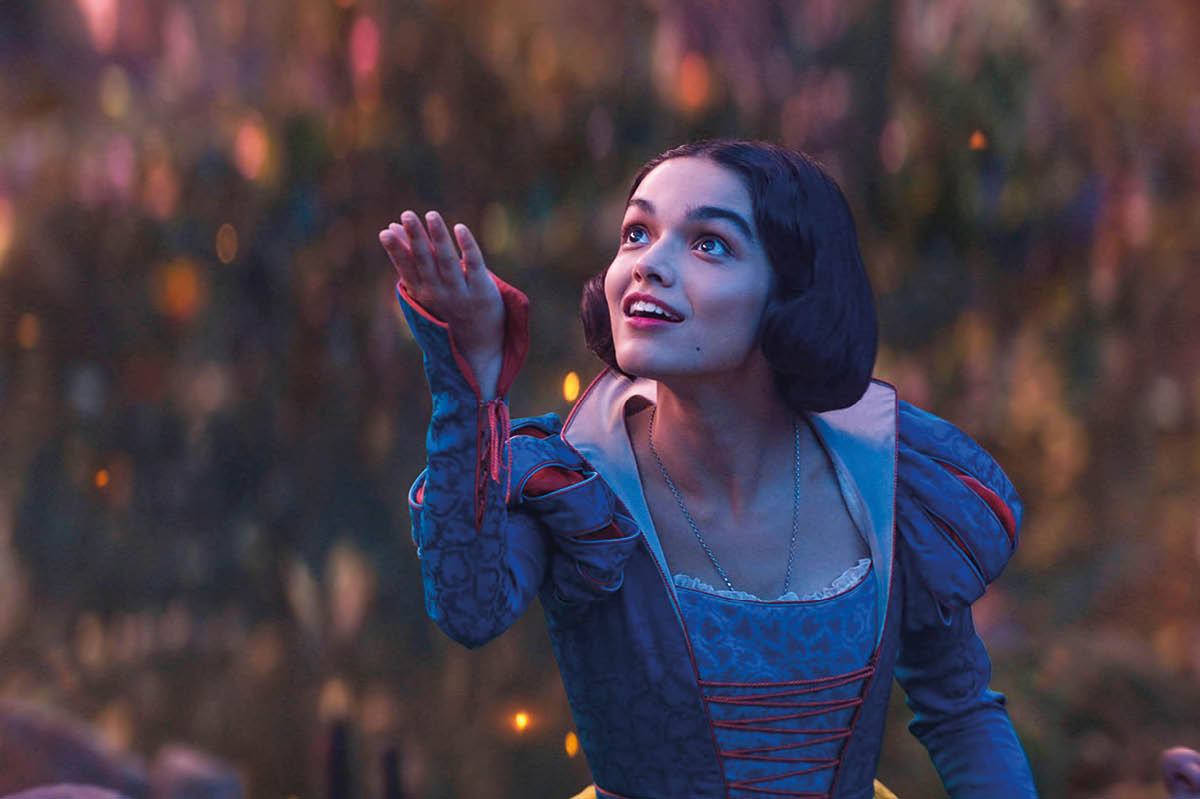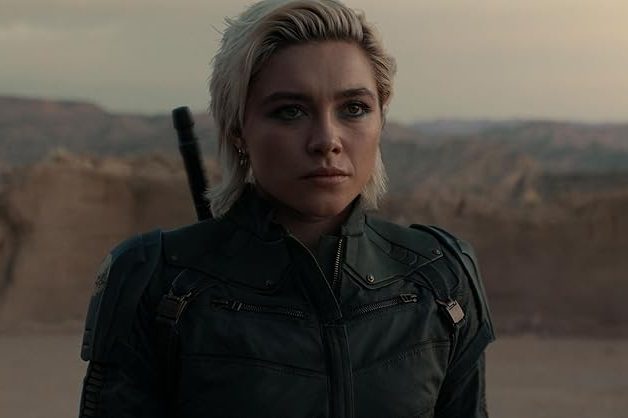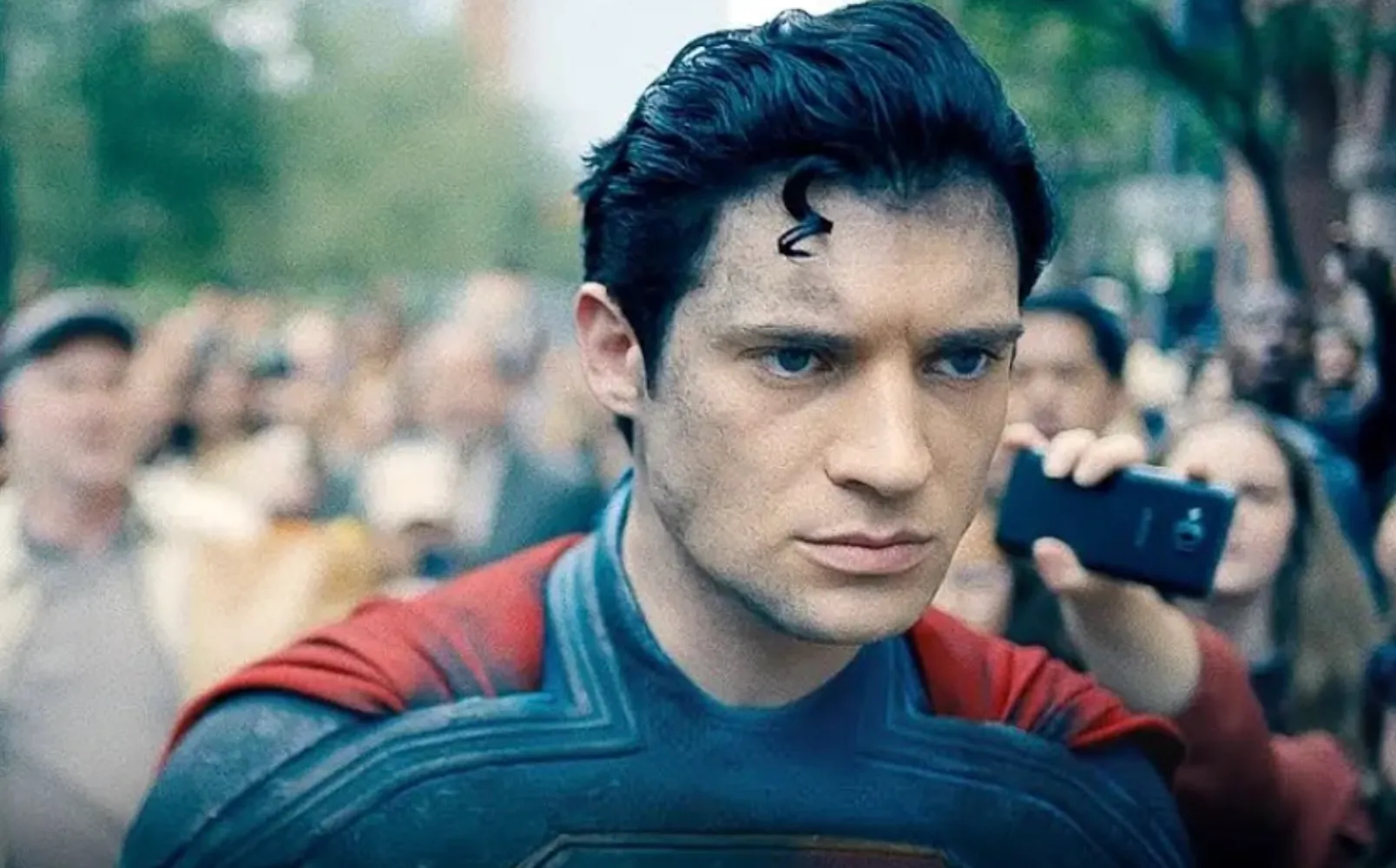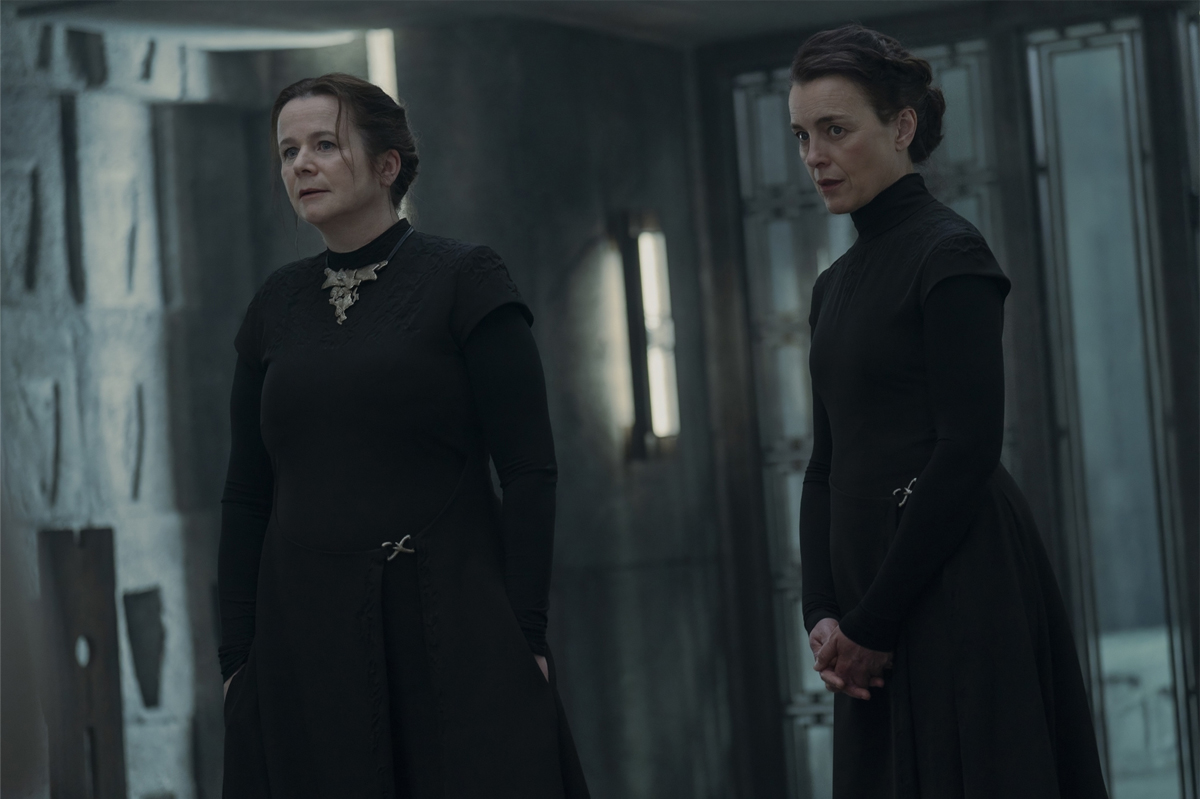Long before he was helming multimillion-dollar franchises, director James Gunn made an indie movie called Super. Starring Rainn Wilson (of The Office fame), Super was a nasty little send-up of the superhero genre that deconstructed familiar motifs long before The Boys hit screens. It shoved audiences’ faces into the violence often underlying the genre’s tropes, with a depth of brutality not easily sanitized away.
But times change, careers advance — and Gunn is now the power behind marquee events like The Suicide Squad and the Guardians of the Galaxy trilogy. He was recently tapped to lead DC Comics’ cinematic efforts in a new direction. Yet despite it all, Guardians of the Galaxy Vol. 3 has far more in common with Super and The Suicide Squad than its two forerunners.
To be clear, it isn’t bad. It’s a remarkably confident and well-executed piece of filmmaking that feels mercifully free of executive meddling. But there’s a real grimness, even anger here — a misanthropy or nihilism wholly absent from its predecessors.
This is not the movie viewers will be expecting to see.
Guardians 3 starts fast without getting bogged down in franchise mythos (a plus!). Rocket Raccoon, voiced by Bradley Cooper, is attacked by a mysterious and powerful figure, Adam Warlock, and ends up seriously injured. To heal him, our heroes Star-Lord, Gamora, Drax, Groot and Mantis must track down the mysterious company that “made” Rocket in the first place and that knows how to heal him.
It’s a dark road. The power behind Rocket is the High Evolutionary (a fantastic Chukwudi Iwuji, who really should replace Jonathan Majors’s Kang as the Marvel universe’s big bad), who enjoys forcing animal subjects through rapid evolutionary processes in an effort to engineer the perfect world. (I can’t help but point out that “evolutionary” is a serious misnomer here — traditionally, evolution is understood as unguided adaptation to contingent circumstances, not an unlocking of the entelechies somehow “proper” to things. This means that, for the metaphysics nerds out there, this guy is a kind of hyper-Aristotelian horror villain. His method is to force every creature to develop to the utmost of its own immanent potentialities, but without any openness to transcendence.)
The High Evolutionary and Rocket have a grim personal history. As the film unfolds, we get lengthy flashbacks to Rocket’s creation and maturation alongside a group of similarly misbegotten creatures, all of which look like background extras from Sid’s house in Toy Story. There’s an otter with mechanical arms, a walrus with wheels where legs should be and a rabbit grafted onto some sort of spider-legged contraption. Nevertheless, they’re all kind and sweet-tempered — and so, quite naturally, doomed from the start.
All of this is played for real tragedy, but the sheer grotesquerie of the material here makes it hard for emotional beats to land like they should. Gunn is walking a very fine line between pathos and bathos, and it’s not always clear he stays on the right side.
In part, this is because Guardians 3 is thematically unfocused. This is a movie that feels like it wants to be about the value of the imperfect, of the “un-beautiful,” over against the High Evolutionary’s dreams of perfection. But Gunn is so ad hoc in whom he chooses to pity that the film feels morally disjointed.
For instance, as the story unfolds, we meet countless other half-animal, half-machine mutants, most of whom are brutally gunned down by the Guardians. Why no sympathy for them? Are they uniquely damned? Audiences are invited to feel pity for the High Evolutionary’s hapless victims, but then when it’s time for the next action scene, urged to exult in their slaughter. Similarly, we’re asked to thrill to a mass breakout of animals from their cages, while quickly breezing past the genocide of a whole planet of humanoid characters — including children! — we’ve come to meet and like.
This is messy stuff. And it isn’t made less messy by the fact that the action is as crisply shot as ever, the music is still great and the performances (especially Klementieff’s) are strong. One can’t help thinking that at some point, someone should have pulled Gunn aside and asked: “What is this movie really about, James? What are you trying to say here?” While the movie technically ends on a positive note, it’s hard to shake the feeling that Guardians 3 is a cry of pain and frustration over a broken world, and with the fragility of the “chosen families” trying to deal with it.
In the end, this Guardians feels far less like a summer blockbuster than a director’s efforts to exorcise some demons of his own. Sometimes that struggle is compelling, even captivating. But it doesn’t always make for a pretty picture.



